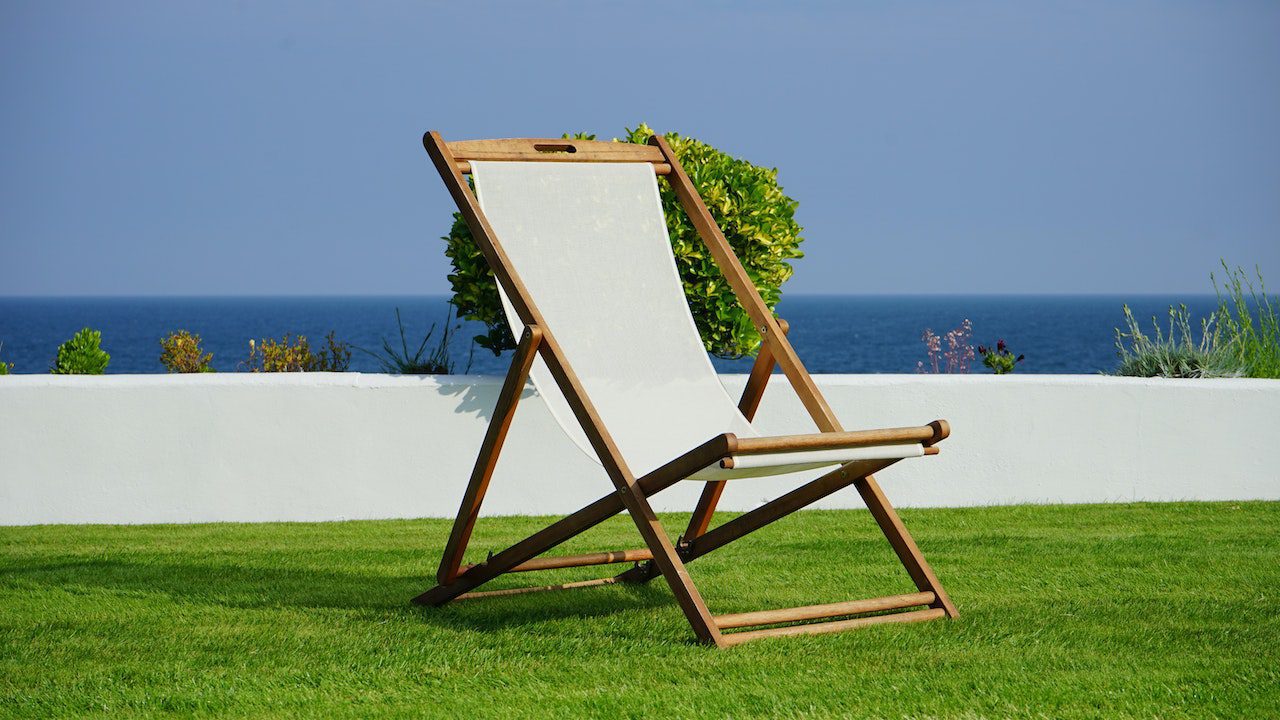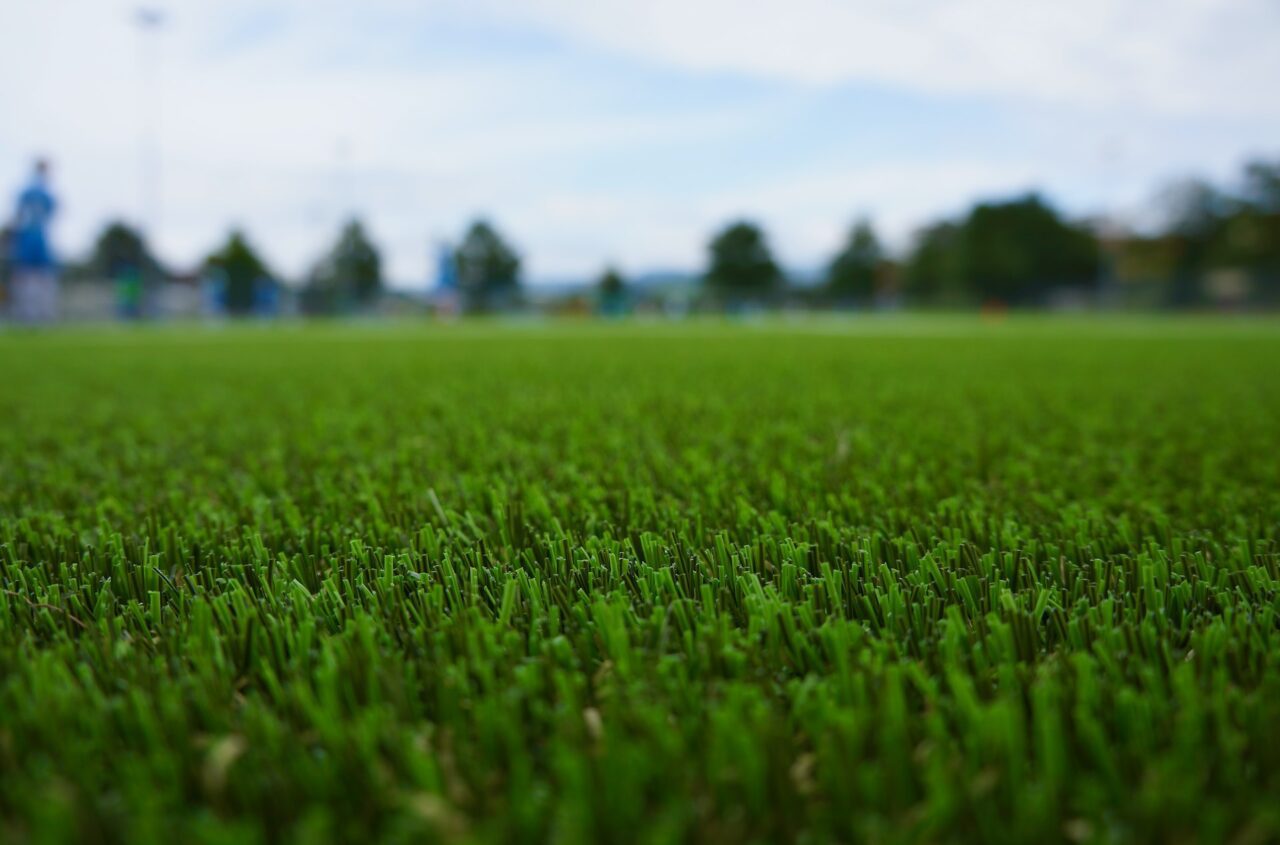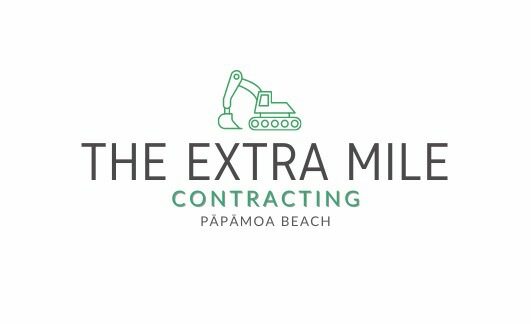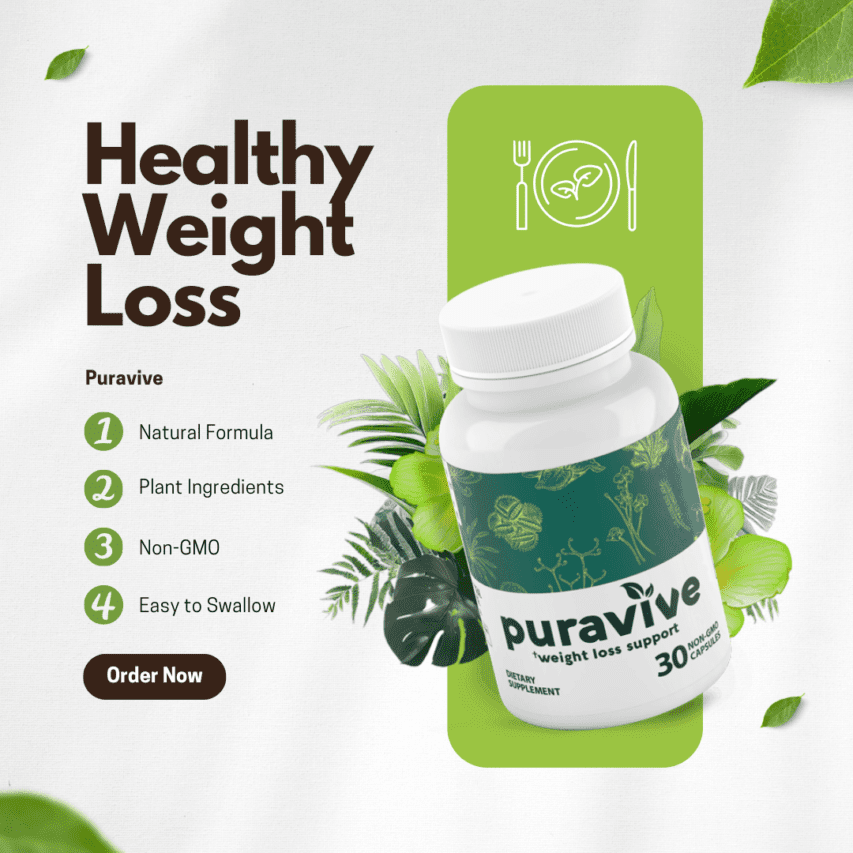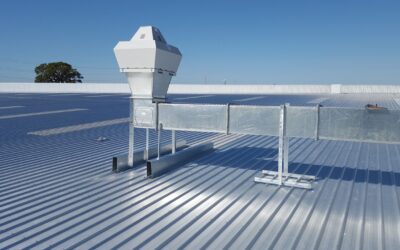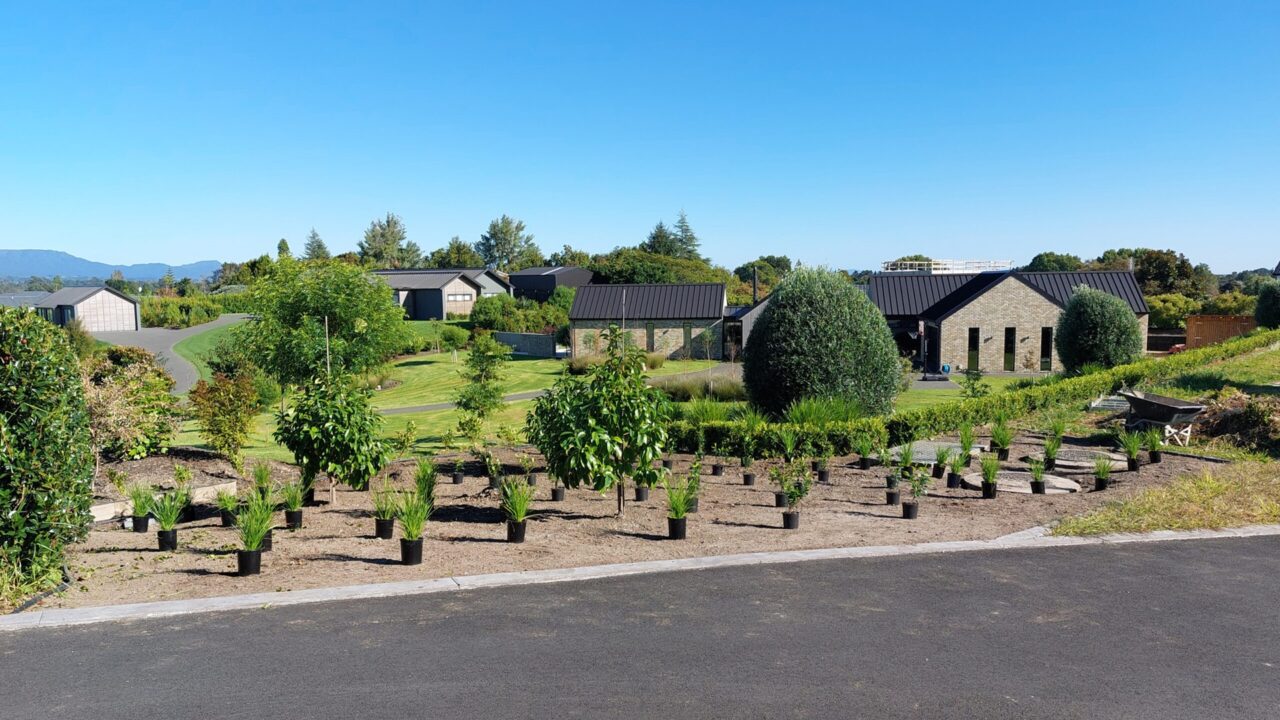In recent years, artificial grass also referred to as synthetic turf or faux grass, has become quite popular as a landscaping substitute for natural grass. It offers a low-maintenance and visually appealing solution for homeowners and businesses alike. However, like any other landscaping option, artificial grass has its own set of pros and cons. In this article, we will delve into the advantages and disadvantages of synthetic turfs, assisting you in finding out whether it aligns with your specific requirements.
Introduction
Synthetic turf is a synthetic alternative to natural grass that replicates the look and feel of real grass without the need for regular maintenance. synthetic turf is crafted using a blend of synthetic fibres, such as polyethene or polypropylene, meticulously engineered to endure diverse weather conditions and high levels of foot traffic.
Pros of Artificial Grass
Low Maintenance
One of the significant advantages of synthetic turf is its low maintenance requirements. Unlike natural grass, which needs regular mowing, watering, and fertilizing, artificial grass only requires occasional cleaning and brushing to maintain its appearance. Especially for individuals leading busy lifestyles, this can result in significant long-term savings in terms of time, effort, and finances.
Durability and Longevity
Artificial grass is highly durable and can withstand heavy use and extreme weather conditions. It does not fade or wear out like natural grass and can last for many years with proper care. This makes it an excellent investment for areas that experience high foot traffic or have challenging climatic conditions.
Water Conservation
Water scarcity is a growing concern in many regions. Synthetic turf helps address this issue as it does not require regular watering like natural grass. By opting for synthetic turf, you can significantly reduce your water consumption and contribute to water conservation efforts in your area.
Allergy-Free Solution
Natural grass can trigger allergies for some individuals, causing discomfort and health issues. Artificial grass eliminates the risk of pollen, grass seeds, and other allergens, providing an allergy-free solution for those with sensitivities. It allows you to enjoy a beautiful green lawn without worrying about allergic reactions.
Enhanced Aesthetics
Artificial grass offers a consistently lush and vibrant appearance throughout the year. It maintains its vibrant green colour regardless of the season, providing an aesthetically pleasing landscape all year round. Whether it’s for residential or commercial purposes, synthetic turf can enhance the overall look of your outdoor space.
Cons of Artificial Grass
High Initial Cost
One of the primary drawbacks of synthetic turf is its high initial cost. The installation and materials required for synthetic turf can be more expensive compared to natural grass. However, it’s important to think about the long-term benefits and potential cost savings associated with low maintenance and water conservation.
Artificial Look and Feel
Even though artificial grass has come a long way in terms of appearance, some people may still find it lacking the natural look and feel of real grass. The texture and bounce of natural grass cannot be perfectly replicated, and some individuals may prefer the authenticity of a natural lawn.
Limited Environmental Benefits
Although synthetic turf offers water conservation benefits, it does not provide the same environmental advantages as natural grass. Natural grass contributes to air purification, reduces soil erosion, and supports biodiversity. Artificial grass, on the other hand, does not provide these same ecological benefits.
Heat Retention
Artificial grass has a tendency to retain heat, especially during hot summer months. This can make the surface of the turf uncomfortably warm to walk on, potentially limiting its use during peak heat periods. However, advancements in technology have led to the development of heat-reducing synthetic turf options.
Requires Proper Drainage
Proper drainage is crucial for artificial grass to prevent water accumulation and ensure a healthy and functional lawn. Without adequate drainage systems, synthetic turf may develop puddles or become waterlogged during heavy rain, leading to potential issues such as mould or unpleasant odours. It’s essential to consider drainage requirements during installation.
Conclusion
Artificial grass offers numerous benefits such as low maintenance, durability, water conservation, and allergen-free solutions. However, it also has drawbacks like high initial costs, artificial look and feel, limited environmental benefits, heat retention, and drainage considerations. When determining if the artificial grass is suitable for your situation, it is crucial to carefully consider the pros and cons in relation to your specific requirements, preferences, and financial circumstances.
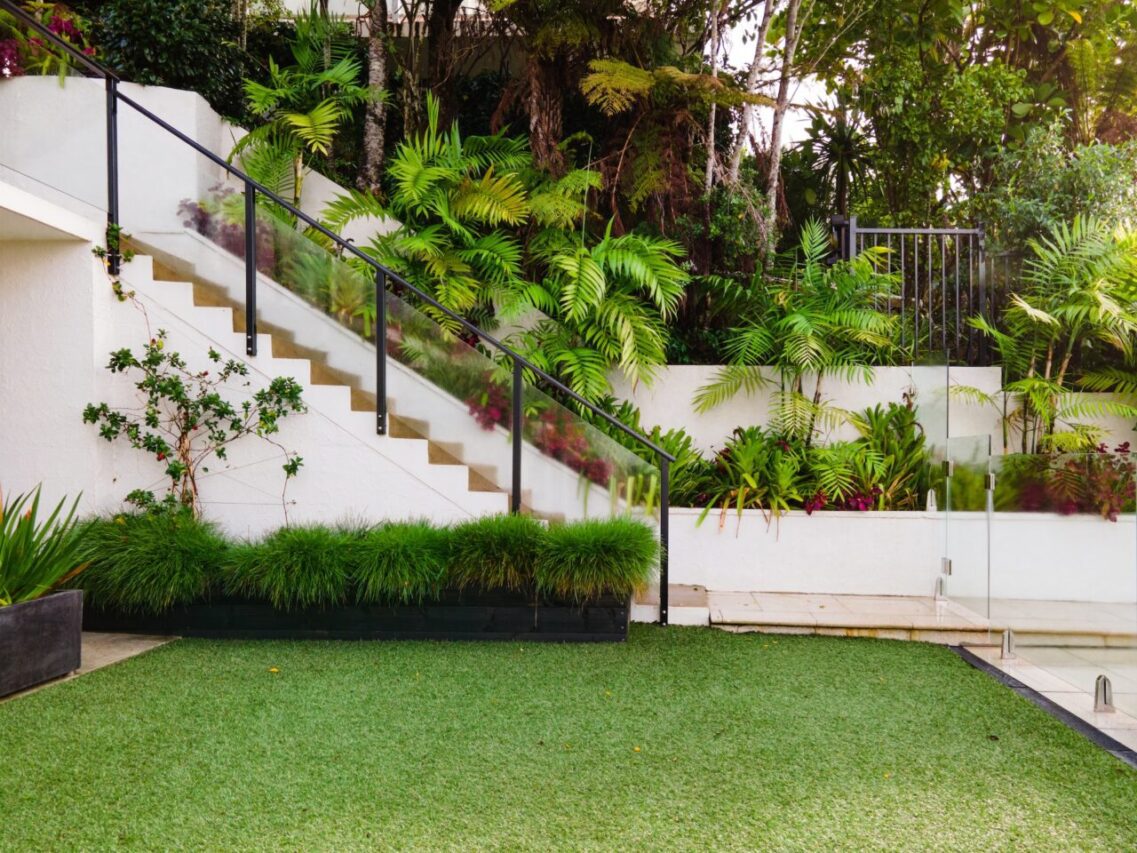
FAQs
Q1: Can artificial grass withstand harsh weather conditions?
Yes, artificial grass is designed to withstand various weather conditions, including extreme heat, cold, and rain.
Q2: How long does synthetic turf last?
With proper care, synthetic turf can last for many years, typically around 15 to 20 years or even more.
Q3: Is artificial grass safe for children and pets?
Yes, artificial grass is safe for children and pets. Constructed from materials that are non-toxic, synthetic turf eliminates the need for harmful pesticides or fertilizers.
Q4: Can I install synthetic turf myself?
While it is possible to install synthetic turf yourself, it is recommended to hire professionals for the best results. They have the expertise and equipment to ensure proper installation.
Q5: Can I recycle synthetic turf?
Yes, synthetic turf can be recycled. It is important to check with local recycling facilities to determine the proper disposal methods in your area.
Conclusion
Artificial grass provides a range of benefits, including low maintenance, durability, water conservation, and allergy-free solutions. However, it’s essential to consider the high initial cost, artificial look and feel, limited environmental benefits, heat retention, and drainage requirements before making a decision. By carefully evaluating these factors and your specific needs, you can determine if artificial grass is the right choice for your landscaping requirements.
